Saudi Arabia’s Prince Turki al-Faisal has called for a US-led Marshall Plan for Gaza, rejecting President Donald Trump’s proposal to forcibly relocate Palestinians to Egypt and Jordan as “not selling anywhere.”
Speaking at the Munich Security Conference, the former Saudi intelligence chief dismissed Trump’s proposal as unworkable and instead urged Washington to help with the reconstruction of Gaza while allowing its people to remain in their homeland.
“The place is full of alternatives,” Prince Turki said in an interview with Al Arabiya News’ Hadley Gamble. “There is the Arab Peace Initiative, that’s a very comprehensive alternative that will take into account a final ending to the conflict between Israel and its Arab neighbors.”
He continued: “They can think of doing Gaza along the lines of the Marshall Plan in Europe after the Second World War. America rebuilt the whole continent, let alone this small strip of Gaza. And the people stayed in place, they didn’t move the Europeans out of Europe in order to build that.”
His comments come days after Trump declared his plan to ‘take over’ Gaza and expel its Palestinian population. Speaking at a joint press conference with Israeli Prime Minister Benjamin Netanyahu, Trump suggested turning Gaza into the ‘Riviera of the Middle East’ – without its current inhabitants.
“They can move to Jordan or Egypt or other countries,” he said, despite both nations flatly rejecting the idea.
Prince Turki’s response in Munich was unequivocal.
“Mr. Trump’s plan is not selling anywhere,” he said bluntly. “If they are to be moved from Gaza, they should be allowed to return to their homes and to their orange and olive groves in Haifa, Jaffa, and other towns and villages from which they fled or were forcibly driven out by the Israelis.”
‘America must acknowledge Palestinian losses’
The Saudi royal also issued a pointed rebuke to Washington’s outrage over Israeli civilian deaths, reminding the US that Palestinians have borne the brunt of the conflict – often at the hands of American-made weapons.
“I wish Americans would also keep in mind that before October 7, and since October 7, the people who died most were the Palestinians with American weapons,” Prince Turki stated.
“So if there is going to be a quid pro quo – Americans died, Palestinians died, and so on – we’re never going to end the situation and reach a final solution. I think we should look forward to the future.”
The October 7 Hamas attack, which saw 1,200 Israelis and foreign nationals killed and over 240 taken hostage, triggered Israel’s ongoing bombardment of Gaza, killing over 48,000 Palestinians, according to the Strip’s health officials.
Washington has remained steadfast in its military support of Israel, approving billions in arms sales despite international condemnation.
Saudi Arabia signals openness to Trump
Despite dismissing Trump’s Gaza plan, Prince Turki acknowledged that the former president had shown renewed interest in engaging with Saudi Arabia.
He welcomed a proposed Riyadh summit to mediate a peace deal between Russia and Ukraine, calling it a “good find” and noting that Saudi Arabia “has already welcomed” the meeting.
“Mr. Trump has had experience with us from the first term,” he said. “He said he wants to visit the area, and I would encourage him to do that. He wants to have more engagement, say, with Saudi Arabia.”
Gamble asked the prince whether a Palestinian peace settlement could be brokered in Riyadh. His response? “Why not?”
Muted applause for JD Vance’s speech at Munich
Beyond Gaza, Prince Turki also took aim at the new US administration, offering a veiled critique of Vice President JD Vance, whose bombastic speech in Munich stunned European leaders. Vance, who spoke on Friday, delivered a fiery address that attacked European governments for mass migration, infringements on free speech, and elections, while avoiding detailed discussion of defense or security.
“The threat that I worry the most about vis-à-vis Europe is not Russia,” Vance said. “It’s not China, it’s not any other external actor. And what I worry about is the threat from within – the retreat of Europe from some of its most fundamental values, values shared with the United States of America.”
The Saudi prince described the atmosphere in the room as one of disquiet, saying the speech did not land well with the audience.
“There was clapping, but very little clapping,” he noted. “And I don’t know if anybody felt like I felt, but definitely it was a signal that his words did not get the clapping that maybe he expected or that he wanted.”
He added: “And I don’t think he wanted clapping.”
Vance’s ‘MAGA-style’ speech had been expected to focus on security, but instead, the vice president unleashed a blistering critique of European governments, accusing them of stifling free speech, ignoring religious freedoms, and overturning elections.
Nine days before national elections in Germany, he weighed in on a heated debate in the country around mainstream political parties placing a so-called “firewall” of non-cooperation with the far-right Alternative for Germany (AfD) party.
“Democracy rests on the sacred principle that the voice of the people matters,” Vance said. “There’s no room for firewalls. You either uphold the principle or you don’t.”
The US VP also raised a case in which a UK veteran who silently prayed outside an abortion clinic was convicted of a criminal offense, and instances of UK police imprisoning citizens for tweets criticizing migration, or terror incidents.
“In Washington, there is a new sheriff in town,” Vance declared. “Under Donald Trump’s leadership, we may disagree with your views, but we will fight to defend your right to offer it in the public square, agree or disagree… Shutting down media, shutting down elections – protects nothing. It is the most surefire way to destroy democracy.”
He also made reference to the presidential election in Romania, which was annulled in December after officials suggested it had been targeted by Russian state interference.
“If your democracy can be destroyed with a few $100,000 of digital advertising from a foreign country, then it wasn’t very strong to begin with,” Vance told the conference.
The remarks stunned the gathered diplomats and security officials, with former US Ambassador to NATO Ivo Daalder describing the speech as “nuts.”

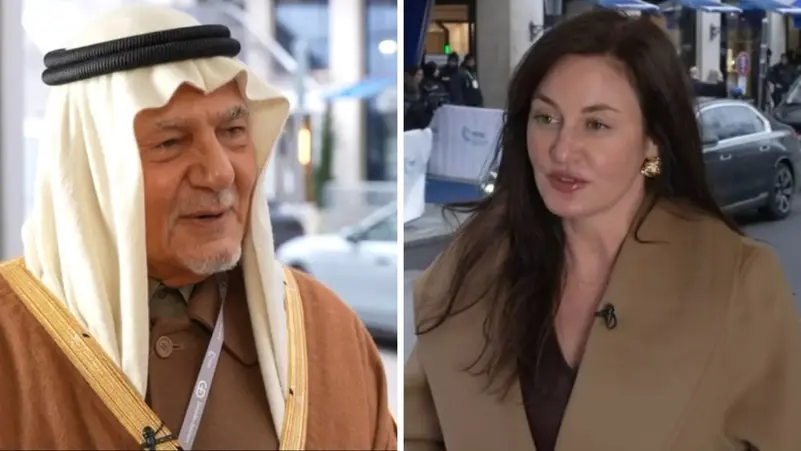
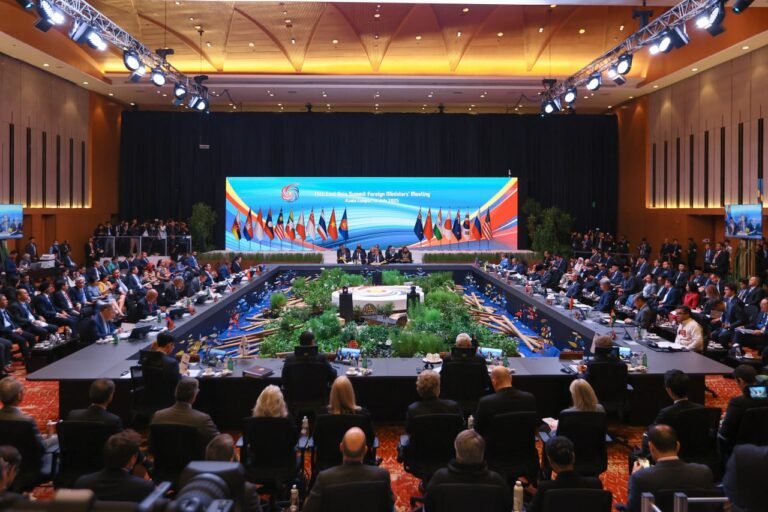
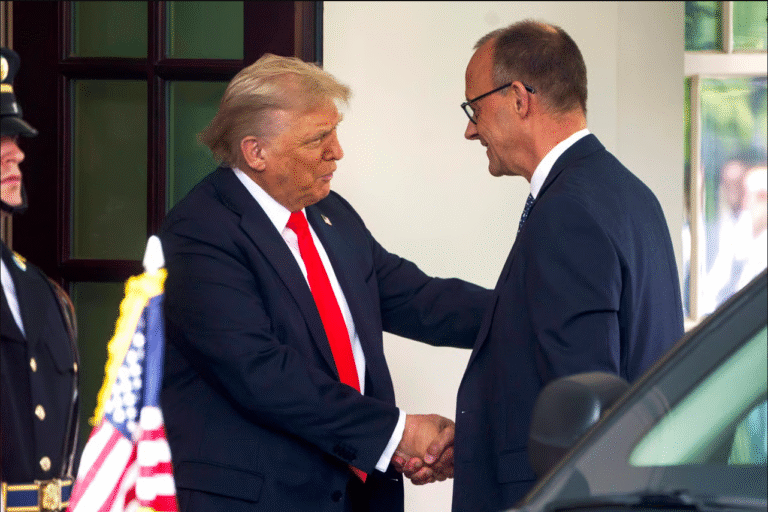
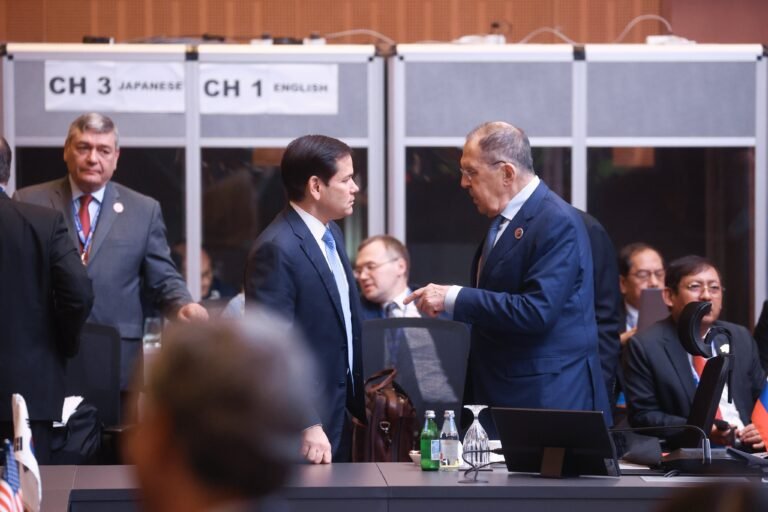
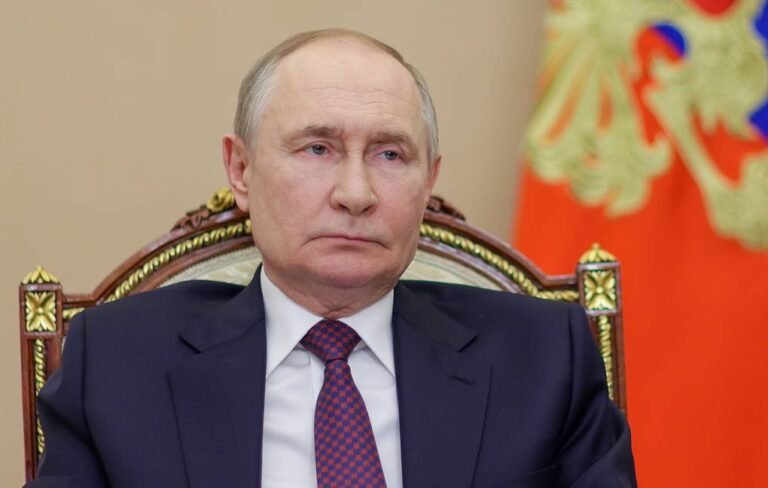
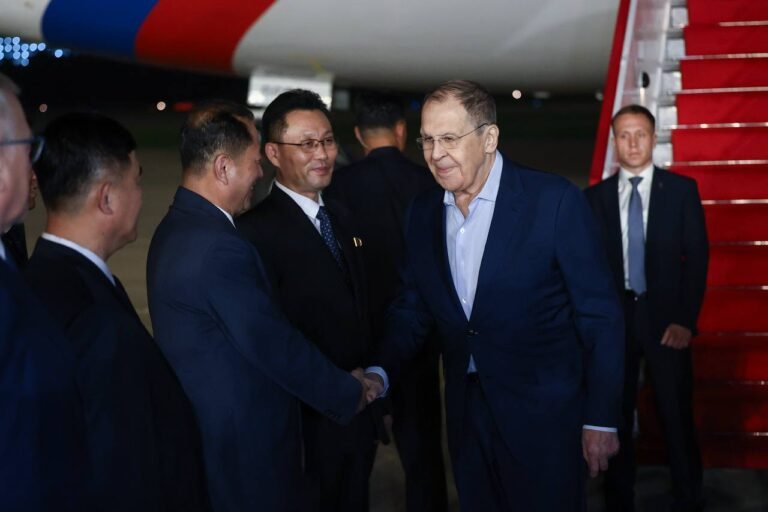
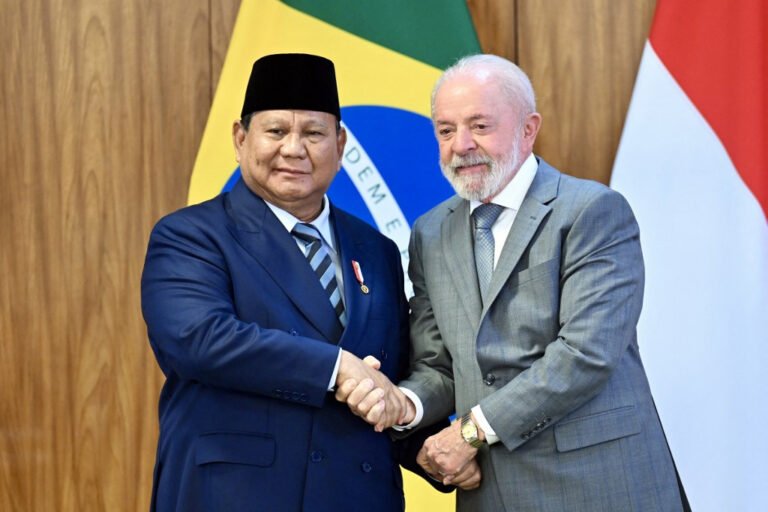
I’m extremely inspired together with your writing skills and also with the layout on your
blog. Is that this a paid subject or did you modify it yourself?
Anyway keep up the nice quality writing, it is uncommon to
look a nice weblog like this one these days.
Stan Store!